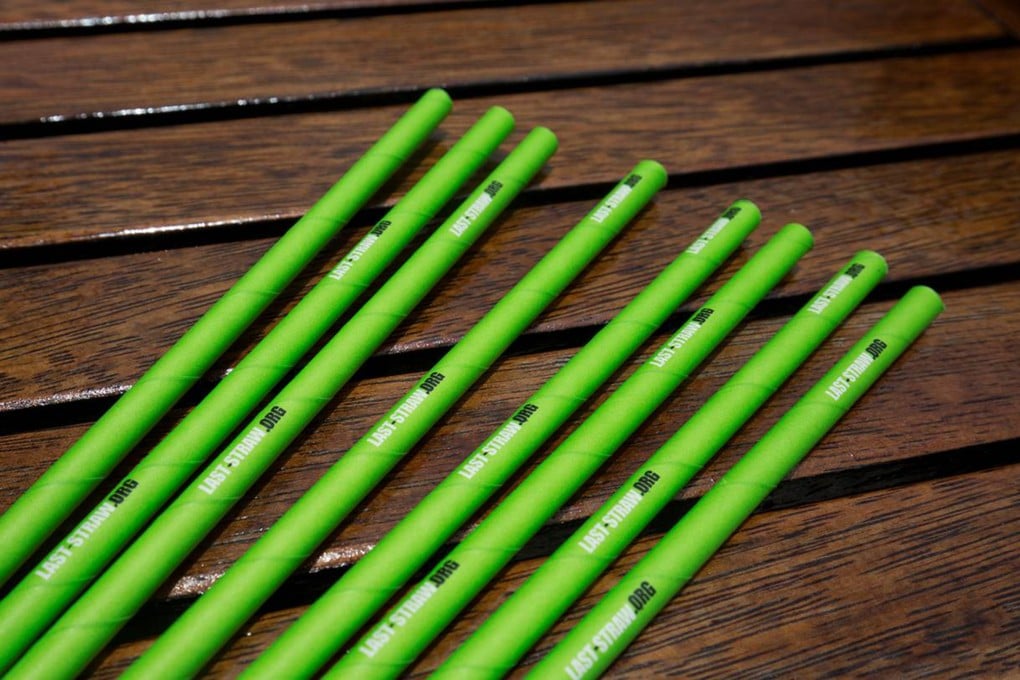Paper straws may be ‘biodegradable’ but are they really better for the environment than plastic ones?
An expert explains why they may not be the eco-friendly alternative the name suggests

It’s safe to say that the global campaign against the use of plastic straws reached fever pitch in the last couple of years, with many companies and people choosing to ditch plastic straws in favour of paper ones. But are paper straws really the eco-friendly alternative they claim to be? Chung Shan-shan, the director of science in environmental and public health management at Hong Kong Baptist University, doesn’t think so.
The main argument for using paper straws instead of plastic ones is that paper is biodegradable. This means that it can naturally be broken down and won’t end up floating in our oceans or being swallowed by turtles. However, the fix isn’t as simple as swapping plastic for paper.
Chung explained that while paper straws, unlike plastic ones, will naturally decompose into smaller pieces, there is still a chance that small animals could swallow these little bits of paper.
What’s more, the term “biodegradable” may be misleading, said Chung. Hong Kong's Environmental Protection Department’s “Biodegradability Testing Guideline” tests how well different materials break down by keeping them at a constant temperature of between 56 and 60 degrees Celsius for 180 days. If the carbon matter of that material decreases by 60 per cent, it can be considered biodegradable. In the real world, this means that so-called biodegradable materials could be around for a lot longer than 180 days and, even then, they don’t disappear completely.
“Even though paper is biodegradable, it won’t break down even after a very long time if it contains a lot of pulp,” said Chung. “You can find newspapers in landfills where, even after 10, 20 years, the words on them may still be readable.”
What’s more, there isn’t much point looking at how well materials can be broken down in nature when it comes to a city like Hong Kong,. The city’s litter all ends up in landfills and not in green spaces or the sea. This means that in reality, paper straws in Hong Kong already share the same fate as plastic ones, she said.